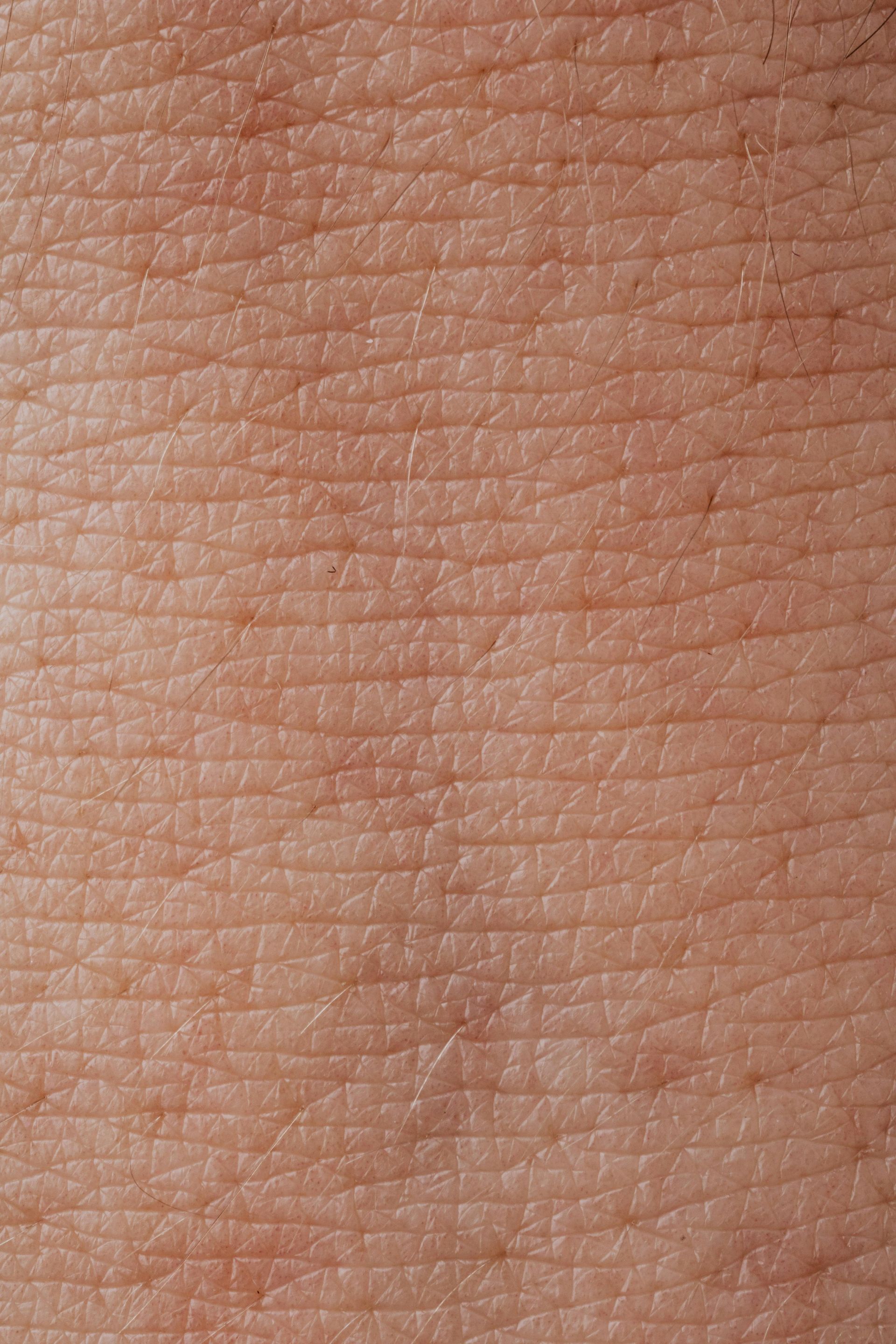What is Neuroticism?
Understanding the impact of Neuroticism.
Most of us have been
accused of exhibiting neurotic behavior at some point in our lives - whether it
is due to a mortal fear of spiders or a downright refusal to eat
anything that has been dropped on the kitchen counter.
The Psychology Perspective:
In many cases, these flashes of neurosis are nothing more serious than tics and
idiosyncrasies that show up once in a while. For some people, however, neurotic disorders are a serious mental health issue
that affect many aspects of everyday life.
The term "neurotic disorder" or "neuroticism" is used to loosely describe a range of conditions that involve an inability to adapt to the surrounding environment. The group of conditions, sometimes referred to as neurotic disorders, are characterized by symptoms such as anxiety, insecurity, phobias and depression.
The Genius Coaching Perspective: Human brilliance in children and adults is always combined with high sensitivity. Brilliant people use their intelligence and sensitivity to CREATE and improve their environment rather than simply adjusting to it as a survival modality; it gives them a deep feeling of purpose, direction and freedom of choice.
Neurotic disorders might be a helpful warning signal if this basic human need is frustrated for longer periods in life. If physical sensitivity is developed and nurtured in a healthy and joyful way, neurotic symptoms simply disappear over time - in children as well as adults.
These 14 days before Christmas might provide a great opportunity to become more aware of this important distinction and make radical gratitude a priority to enjoy every minute of preparation and celebration.











